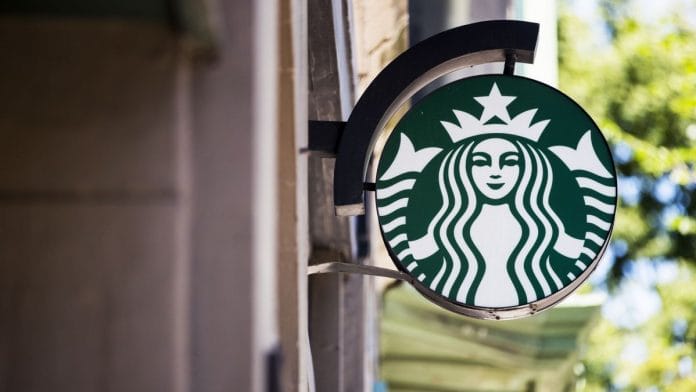This kind of transformation would be difficult for any company to pull off but it’s especially so for Starbucks, which helped kick off the era of corporate activism. Its former longtime CEO Howard Schultz, who all but founded the company, weighed in on issues like gun control and political gridlock. He once told shareholders that those who opposed his support of same-sex marriage were free to invest elsewhere. He masterminded the company’s effort (albeit a disastrous one) to get customers to talk about race. He pledged to hire 10,000 refugees after President Donald Trump 1.0’s 2017 Muslim-majority countries travel ban. The company once took out full-page ads calling for a “willingness to unite despite our differences” that didn’t once mention coffee. Schultz was so overtly political that he was always chased by rumors that he would run for president.
For more than a decade, the Starbucks model of articulating a company’s point-of-view on cultural and political issues was best practice in corporate communications, says Alison Novak, a professor of public relations and advertising at Rowan University.
In our current hyper-polarized age, though, messaging has swung back to focusing on products and services rather than the socio-cultural environment. Companies would rather not court the wrath of Trump or backlash from the anti-woke brigade. What’s more, it didn’t really work: Brands thought Gen Z would reward them for taking social stands. But in reality, young consumers proved more willing than expected to shop at places that don’t align with their values, Novak told me. Their actual red line, she says, is inauthentic or inconsistent messaging. (Just ask Target, the poster child for DEI flip-flopping.)
If that’s true, Starbucks is approaching dangerous territory. Charlotte Moore, CEO of Sigwatch, which collects data on activism directed at corporations, told me the coffee giant is one of the few companies it tracks that’s being attacked by members of both the right and left at the same time.
Starbucks is now under fire from the left for its ongoing fight against its employees’ attempts to unionize. Its progressive image attracted workers drawn to labor organizing, who are further inflamed by the sense that the company is not living up to the expectations it set for itself as a socially conscious company. Unionized employees began voting last week on whether to strike amid stalled contract negotiations.
Meanwhile, it continues to be a target of the right. The latest incident came after a barista declined to write Charlie Kirk’s name on a customer’s cup, citing the company’s policy of avoiding political messages. When Starbucks announced that customers could in fact request a name, some employees felt corporate did not have their back.
These are not the kinds of distractions Niccol wants as he implements a turnaround plan that includes having the company tell its own story again. “We won’t let others define who we are,” he wrote in an open letter to all employees last September.
But that’s proving harder than expected as he finds himself leading a company that spent so many years convincing customers of its social mission. So this time around don’t expect full-page ads or hashtags to encourage an open dialogue. Instead, it will just be straight coffee — hold the controversy. That may be a tough sell.
This column reflects the personal views of the author and does not necessarily reflect the opinion of the editorial board or Bloomberg LP and its owners.
Beth Kowitt is a Bloomberg Opinion columnist covering corporate America. She was previously a senior writer and editor at Fortune Magazine.






